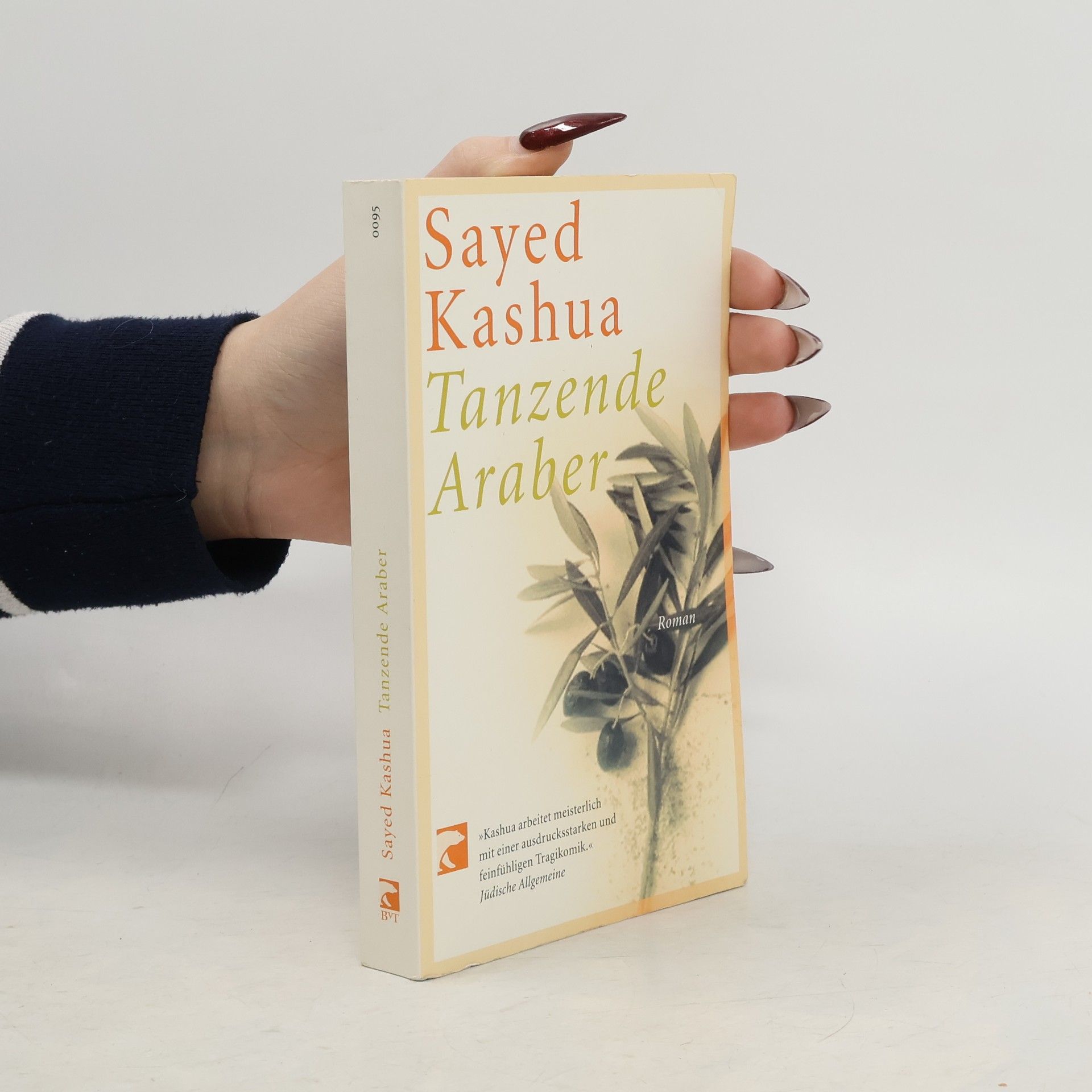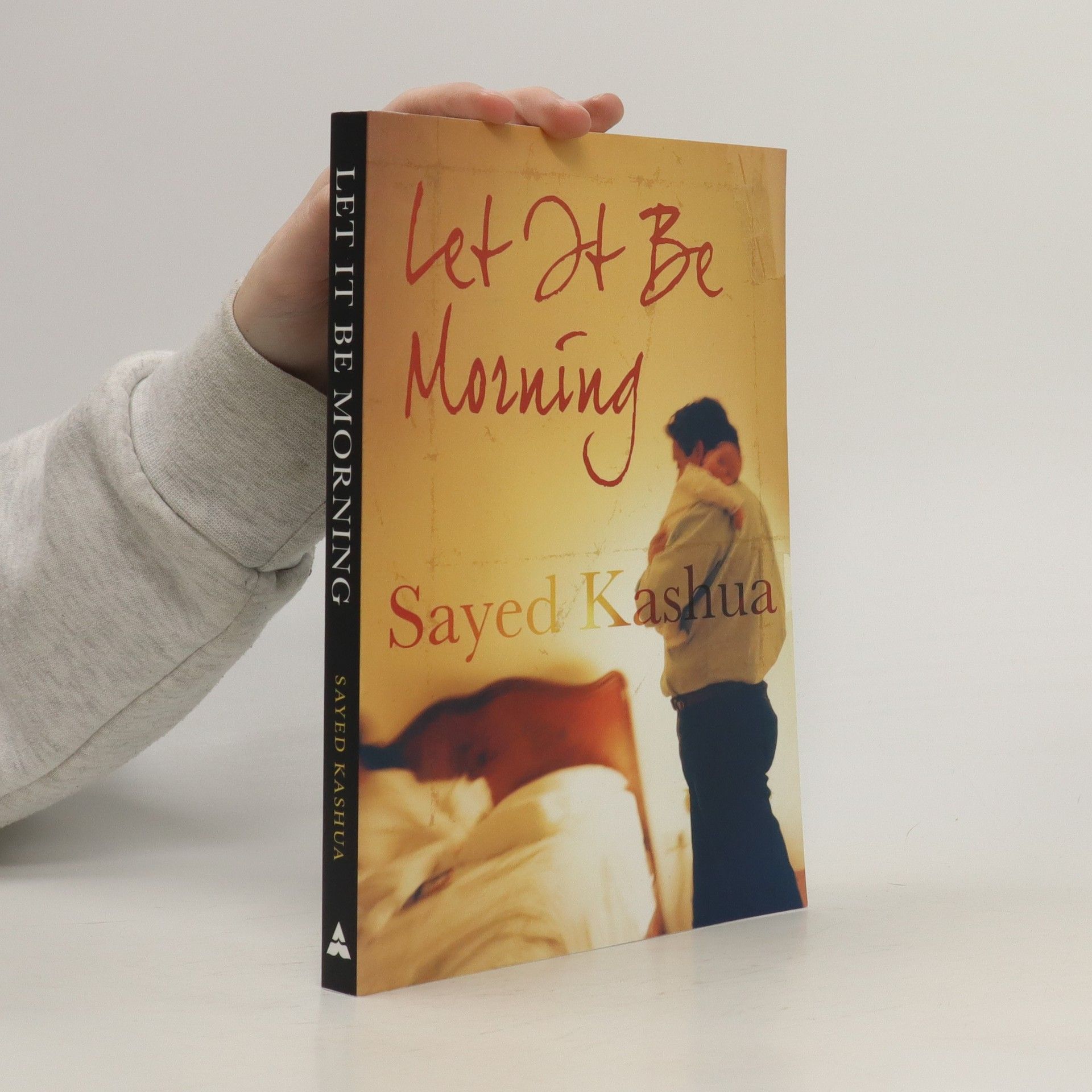Let it be Morning
- 288 pages
- 11 hours of reading
Imagine your own home surrounded by roadblocks and tanks, your water turned off and the cashpoints empty. What would you do next? A young journalist, recently married with a young child, is seeking a quieter life away from the city and has bought a large new home in his parent's hometown. It's a complicated return - his wife hates his parents - but they are also moving back to live in an Arab village in Israel. Nothing is as they remember: everything is smaller, the people petty and provincial and the villagers divided between sympathy for the Palestinians and dependence on the Israelis. Suddenly and shockingly, the village becomes a pawn in the never-ending power struggles of the Middle East. When Israeli tanks surround the village without warning or explanation, everyone inside is cut off from the outside world. As the situation grows increasingly dire, paranoia begins to threaten the community's fragile equilibrium, forcing the hero to decide what it means to be human in an inhuman situation.




